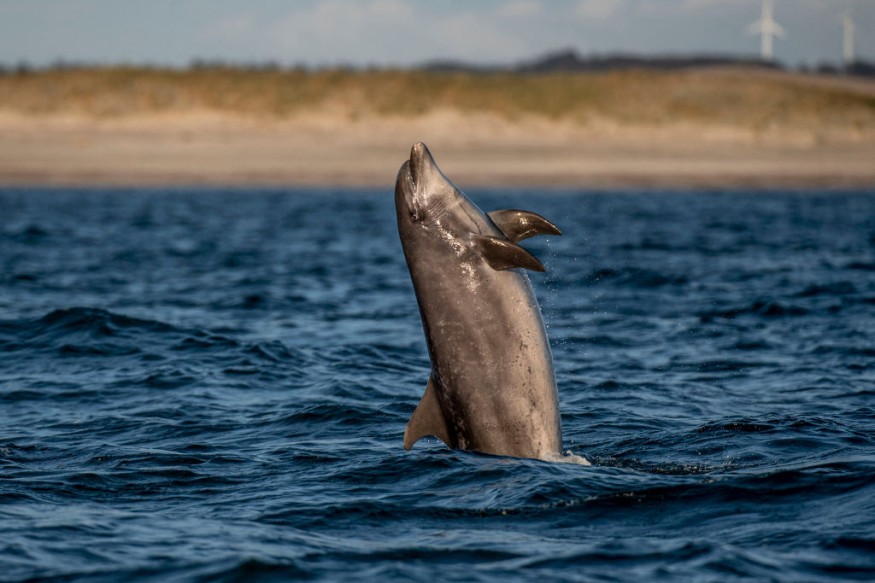To protect dolphins, France has issued a temporary ban on nearly all commercial fishing in the Bay of Biscay. It will begin on January 22 and last until February 20, affecting fishing grounds off the country's Atlantic coast.
The ban off the western coast, the first since the end of WWII, applies to both French and international anglers in boats longer than 26 feet.
Thousands Of Dolphins Died

Following an increase in dolphin deaths along France's Atlantic coast, environmental campaigners have called for their protection.
Dolphins can become trapped in fishing boat gear such as nets, ropes, and lines.
Smaller species frequently die instantly, according to the International Whaling Commission, since they cannot reach the surface to breathe.
Larger animals may escape, but they are frequently abandoned with fishing equipment attached, resulting in years of dragging heavy ropes, buoys, or nets, according to the commission.
According to CIEM, a scientific organization that monitors North Atlantic ecosystems, approximately 9,000 animals perish in the region each year as a result of being ensnared in nets due to accidental capture.
For years, environmentalists have pushed for enhanced protection for marine animals following a surge in mortality off the Atlantic Coast.
The ban came as the neighboring Spanish region of Catalonia declared it would pay young people to become fishermen in an effort to save the sector from extinction.
The plan would provide fishing boat owners with apprentices whose salaries would be fully funded by the public purse.
In 2003, there were 1,358 fishing boats registered in the region's ports. There are now 616, and the number of active fishermen has dropped from 5,579 to 2,398 over the last two decades.
Absurd Move
Local fishermen call the prohibition "absurd" and expect financial losses, although the government has offered compensation.
Minister of Ecological Transition Christophe Béchu said that up to 75% of revenue losses would be reimbursed and refunded "as soon as possible."
The month-long restriction will affect approximately 450 French vessels, thereby halting fishing from Finistere, in the extreme west of Brittany, to the Spanish border until February 20.
The prohibition was initially imposed by the country's highest administrative court, the Council of State.
The French government expanded the prohibition to include all ships, regardless of origin, and promised to help fishermen and fishmongers.
Frédéric Toulliou, head of the UMF, a fish wholesalers union, said that the restriction would result in "8,000 fewer tons of seafood products and a €60 million loss in sales for the fish trade," which is already affected by Brexit.
Raymond Millet, a fisherman from La Rochelle on the west coast with 40 years of experience, stated that vessels nine to eleven meters long "are not the kind of boats that fish for dolphins."
Others argue that the compensation given by authorities would be insufficient to offset losses.
The French fishing industry organization CNPMEM accused 'extreme NGOs' and argued that dolphins are 'not endangered'.
Philippe Garcia, the head of the marine conservation group Défense des Milieux Aquatiques, urged fishermen to comply with the regulations.
He stressed that if the fishermen do not cooperate, it is detrimental for them because additional deaths of marine species would add ammunition to the environmentalists' case.
© 2025 NatureWorldNews.com All rights reserved. Do not reproduce without permission.





